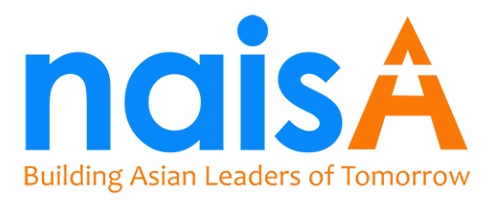SEP
20
The Great Challenge of Mentorship and Its Reward
The Great Challenge of Mentorship and Its Reward
The concept of mentoring is certainly not new. In fact, it has been a common practice through many ages – we even get the name “Mentor” from Greek mythology. It is interesting to think with its rich history, when one decides to become a mentor in the professional or business world, no matter their talent and experience, the challenges for the newcomer are the same as they were for Plato and Aristotle.
Understanding some of the main challenges (and the rewards) of mentoring, and overcoming them, is ultimately essential to a successful mentor-protégé relationship that we are in need of.
Time Management
As with a lot of things in work and life, dedicating the right amount of time to an activity or job and then managing that time is very important. What you must do as a mentor is set down at the very beginning of the relationship exactly how much time you can afford to spend each week or month – and then be extremely vigilant about it. Specifically, set down the ways in which you wish to communicate with your protégé and schedule your meetings accordingly. Scheduling and sticking to your schedule is one sure way of keeping things in hand.
This goes for short and to the point correspondence over email or IM. It’s too easy to get bogged down in numerous and lengthy emails. Keep everything in order, on track, and neat.
Stay Focused
Goals
But how do you want to progress? How can you get focused and control your time if you don’t know where or what the track is leading to? It’s okay if your protégé doesn’t know the answers to these questions right away. This is the moment when the protégé can really discover who they are professionally and where their assets lie. By closely working with your protégé to set down goals you both may discover the real passions at play and the essence of the journey. This can be one of the most rewarding aspects of the relationship for a mentor: to guide someone on their own journey to a point where they know where they are and can set realistic goals brings a feeling of real progress and satisfaction.
Advice
Seeing your protégé discover their goals is a great feeling, because you helped them figure it out for themselves, rather than simply telling them what to think or which way to turn. Advice in the mentor-protégé partnership should work the same way. It’s a fine line between telling someone what to do and advising them how to go about finding the right answer.
There are various ways and styles of emitting advice. Perhaps you wish to ask the right questions so that upon searching for answers your protégé is discovering the correct path. Or maybe you will tell your protégé stories about your own experience and in that way you will be guiding them to either follow your example or to learn from your mistakes!
Of course, mentoring is not always as smooth as we would like. In your relationship you will come up against difficult decisions. But remembering to act firstly as a resource, someone who asks the right questions, an ear to listen or just being available for interaction could be the major difference in your young protégé’s success or failure.
naisA Global is a 501(c)(3) non-profit educational organization dedicated to helping talented young Asian professionals unlock their potential and become great leaders.
- Jamie Sheen
- naisA Global Staff
About Jamie Sheen
Most Popular
